Artificial Intelligence and Manufacturing.
Manufacturing as an industry evolves with the times, so when technology changes and paves the way for the future, the world of manufacturing is enhanced along with it. From things like computer development programs, right up to 3D printing, mass production continues to be affected by technological changes – including artificial intelligence. AI, by its very definition, performs tasks that usually require human intelligence. In a world where humans are being replaced by robots, how far can it go before a real person is required for the job?
.png)
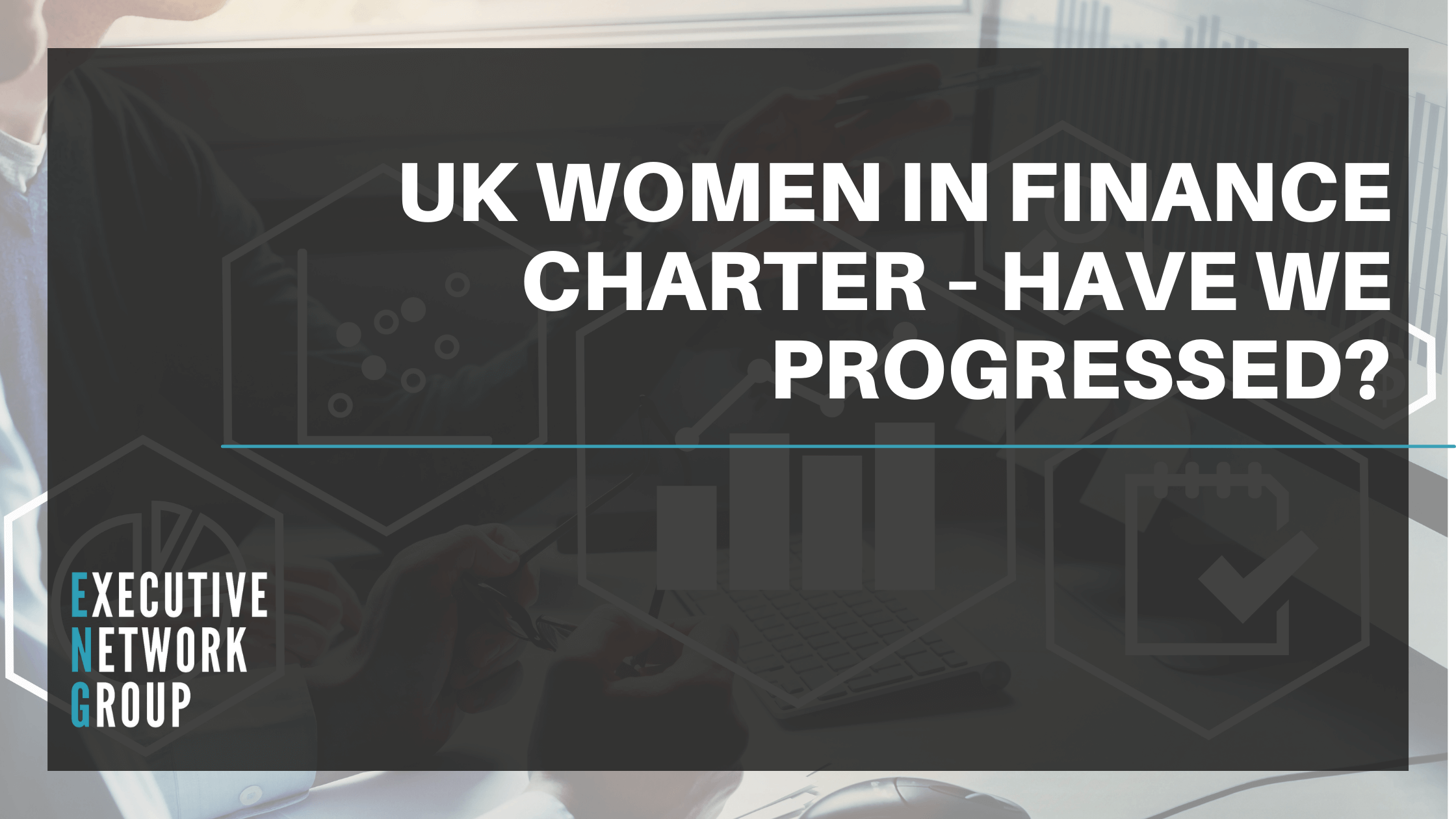
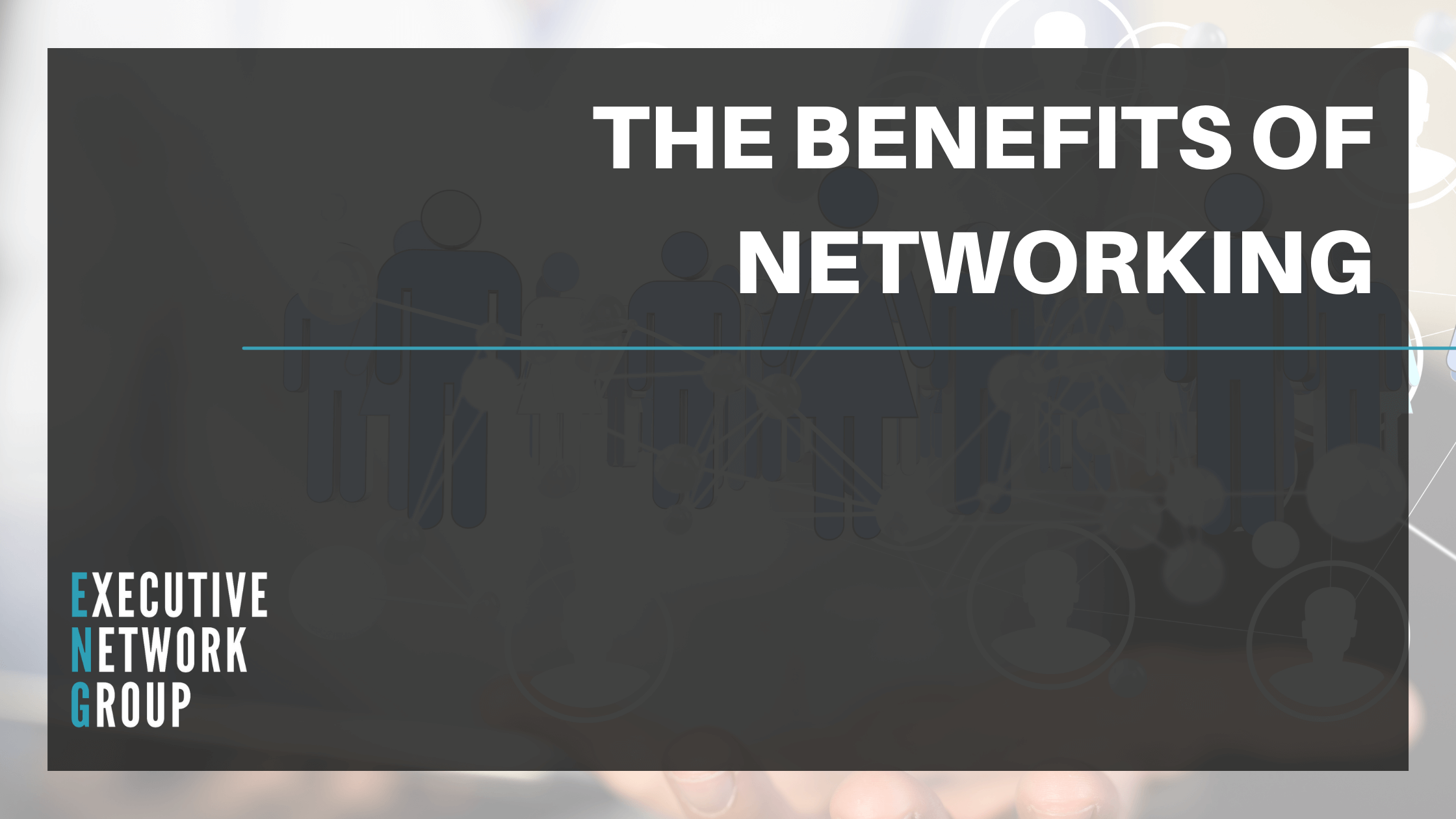
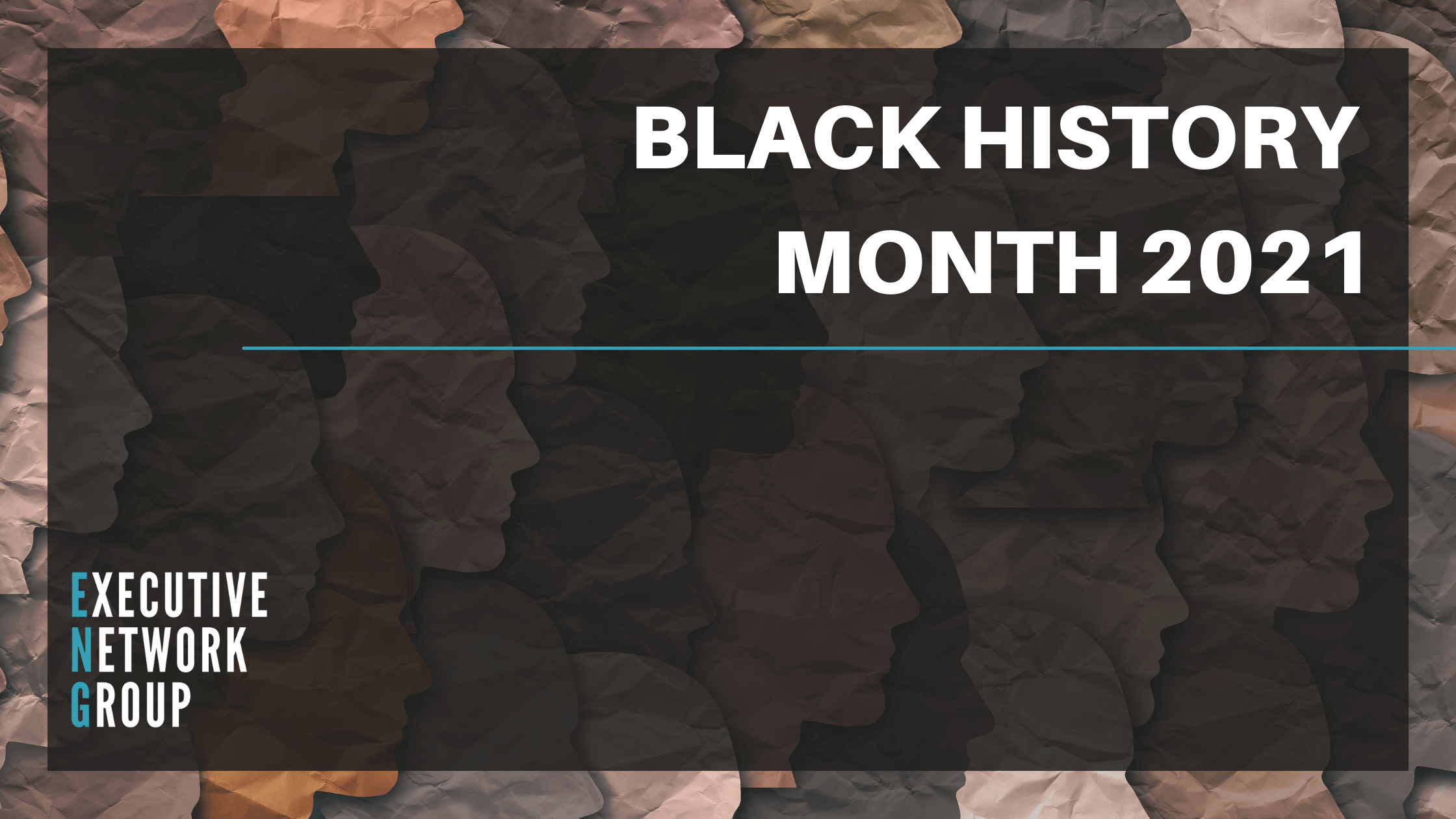
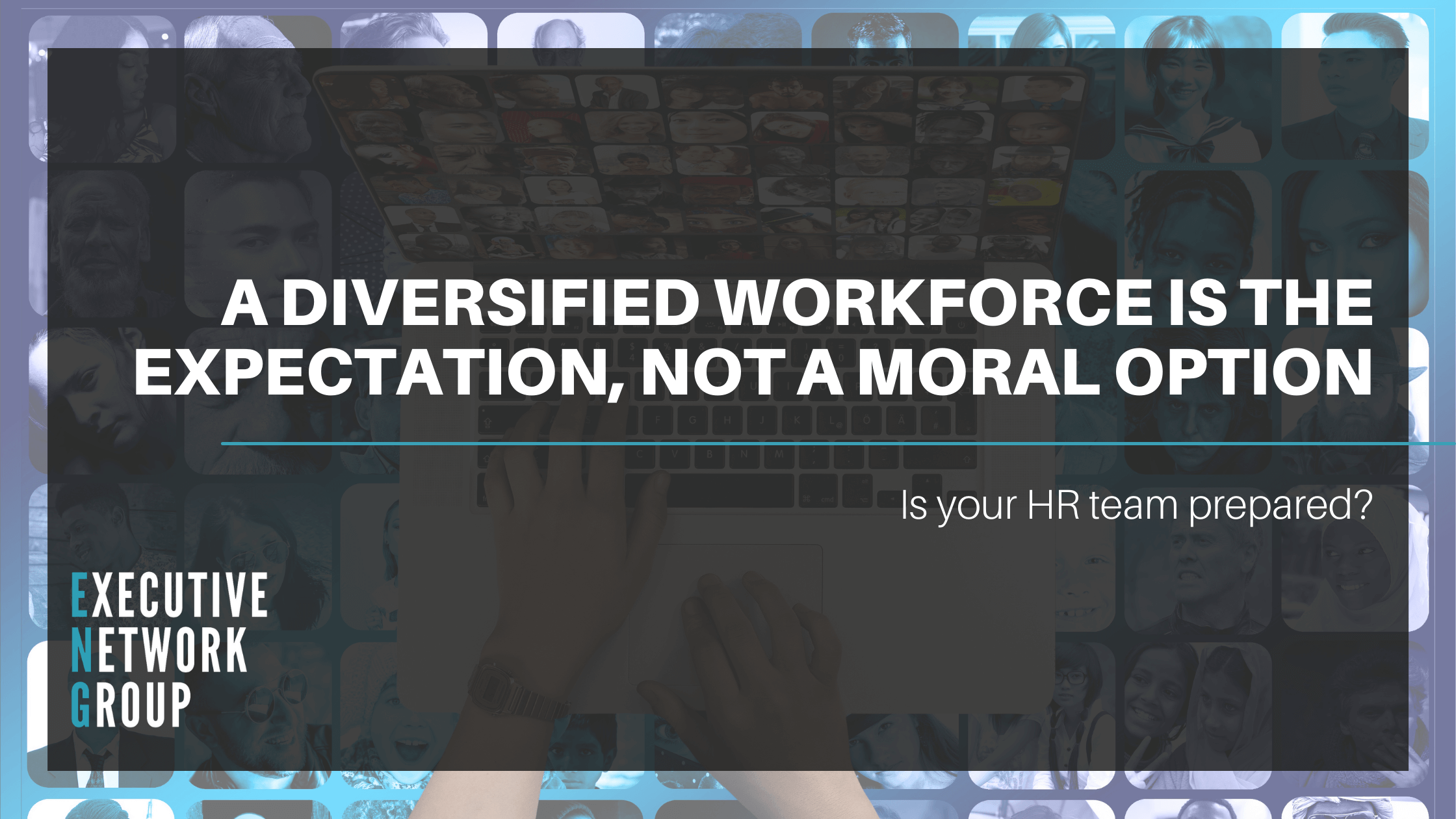
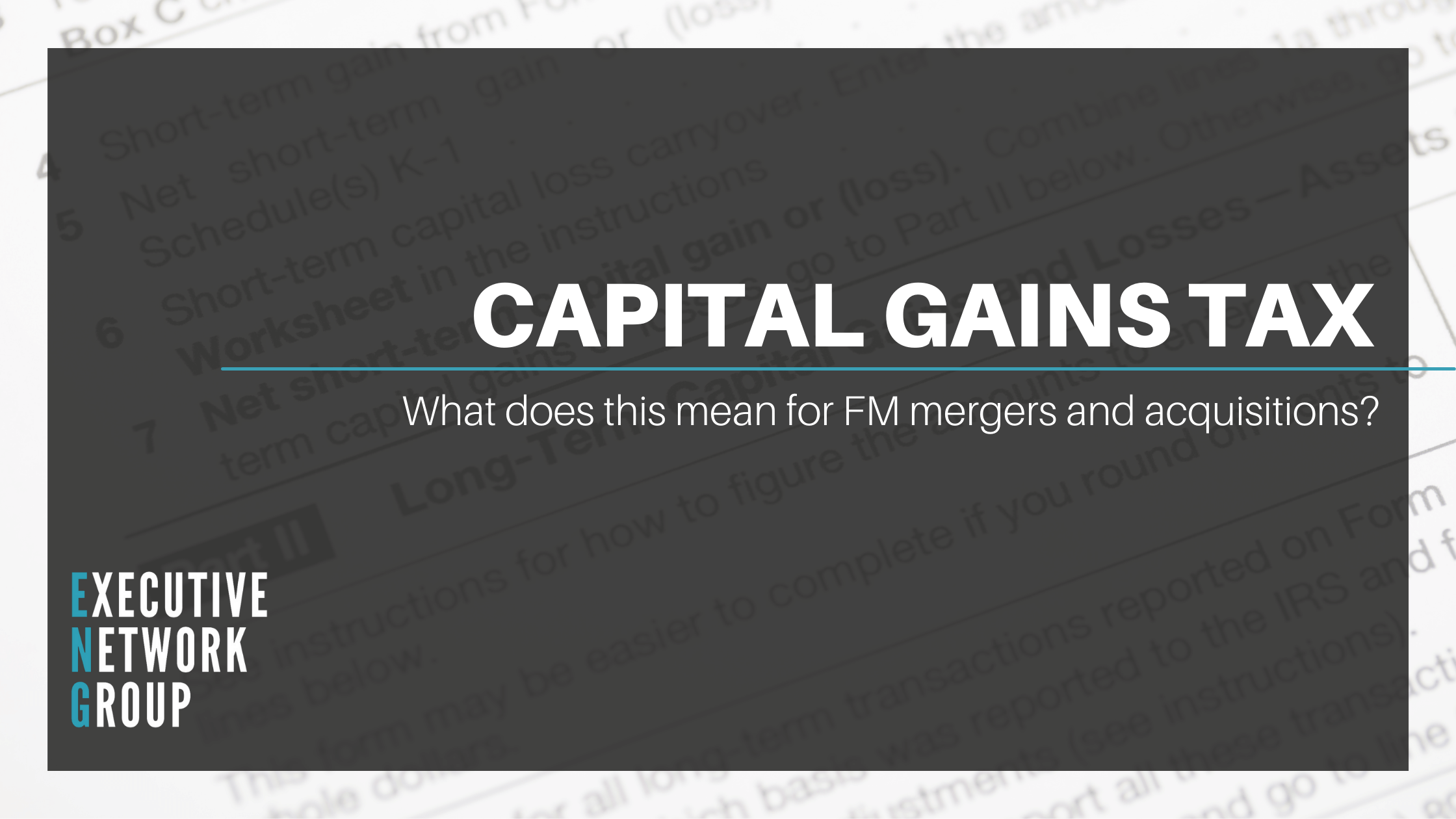
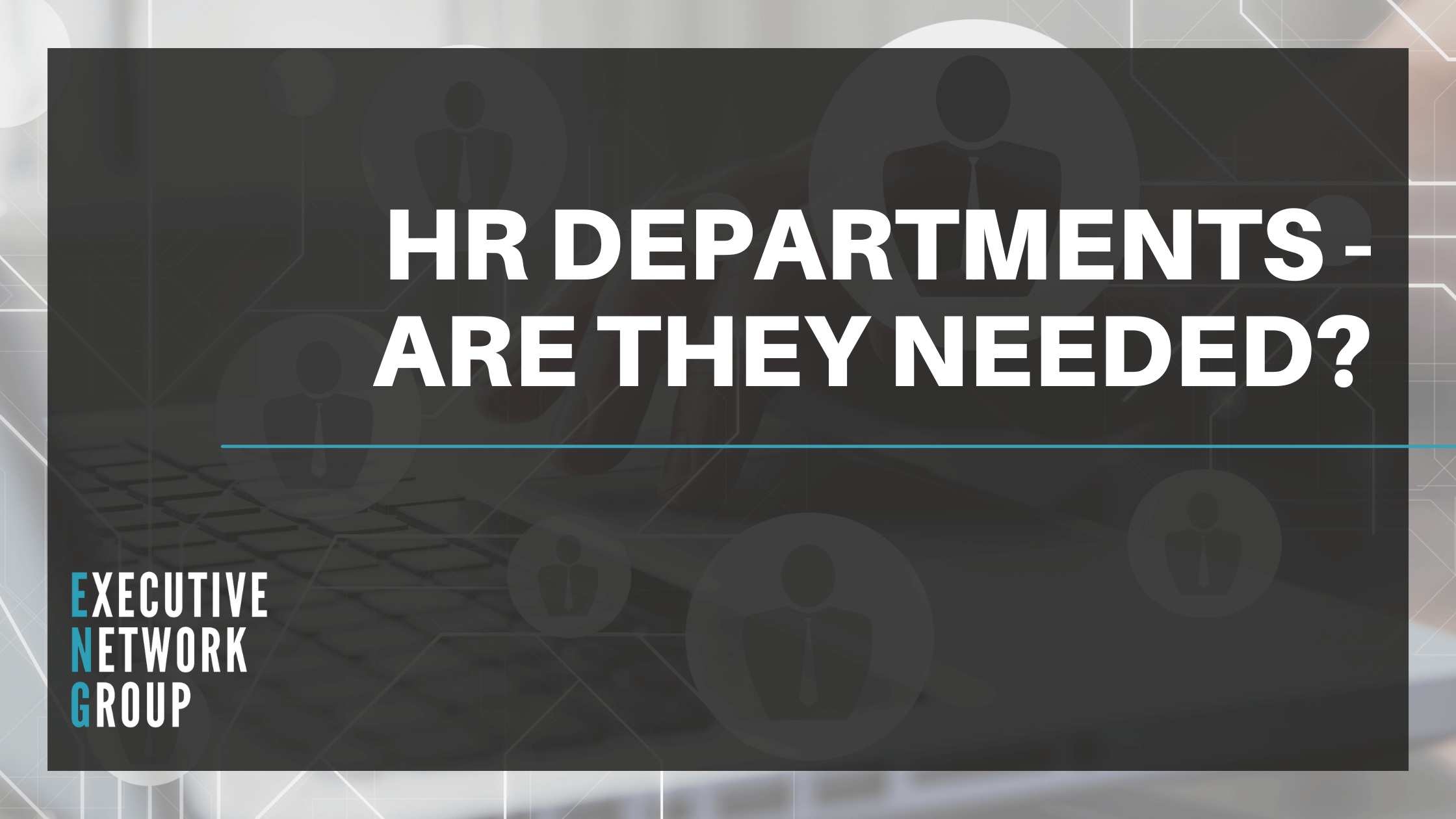
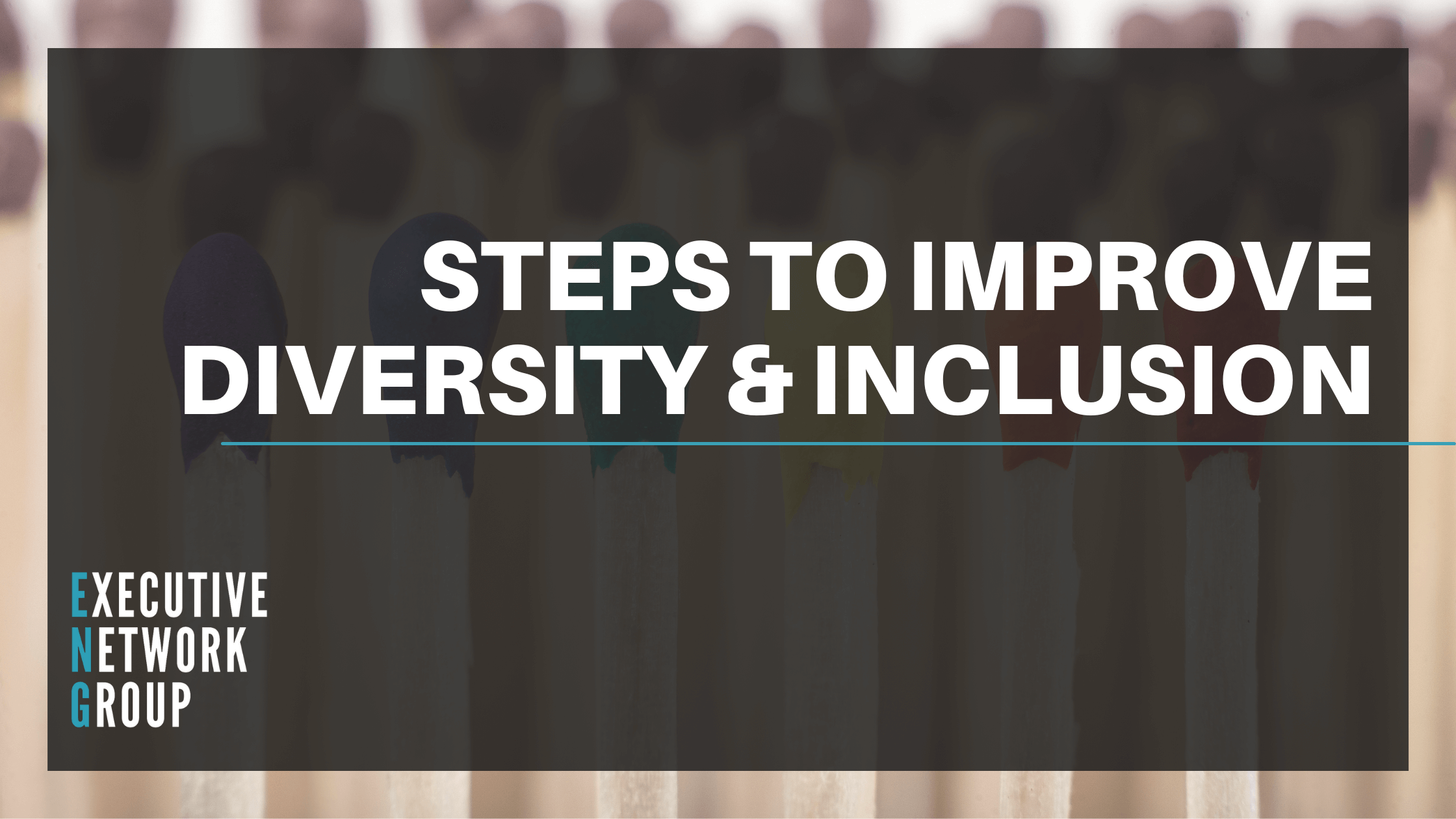
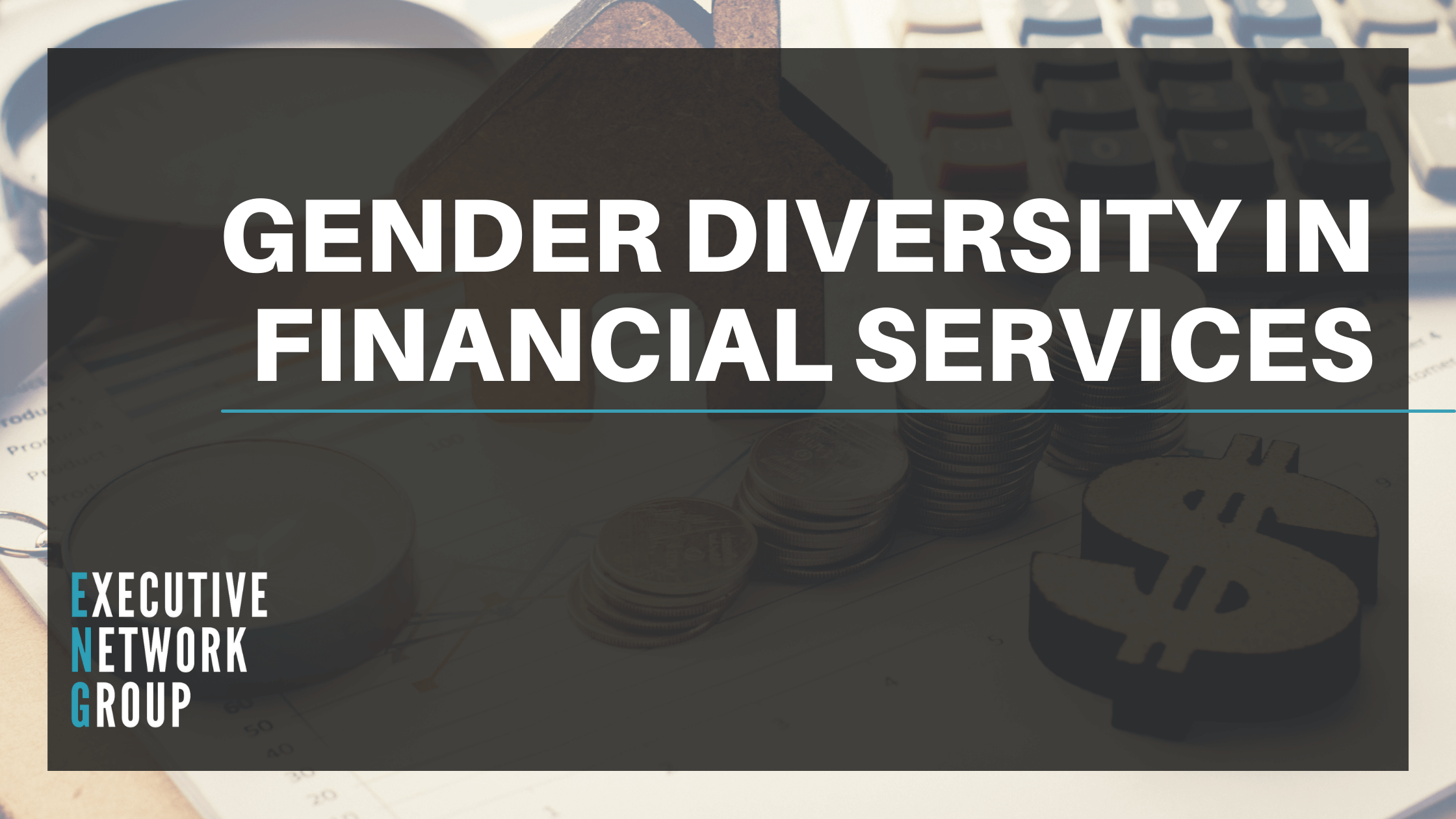
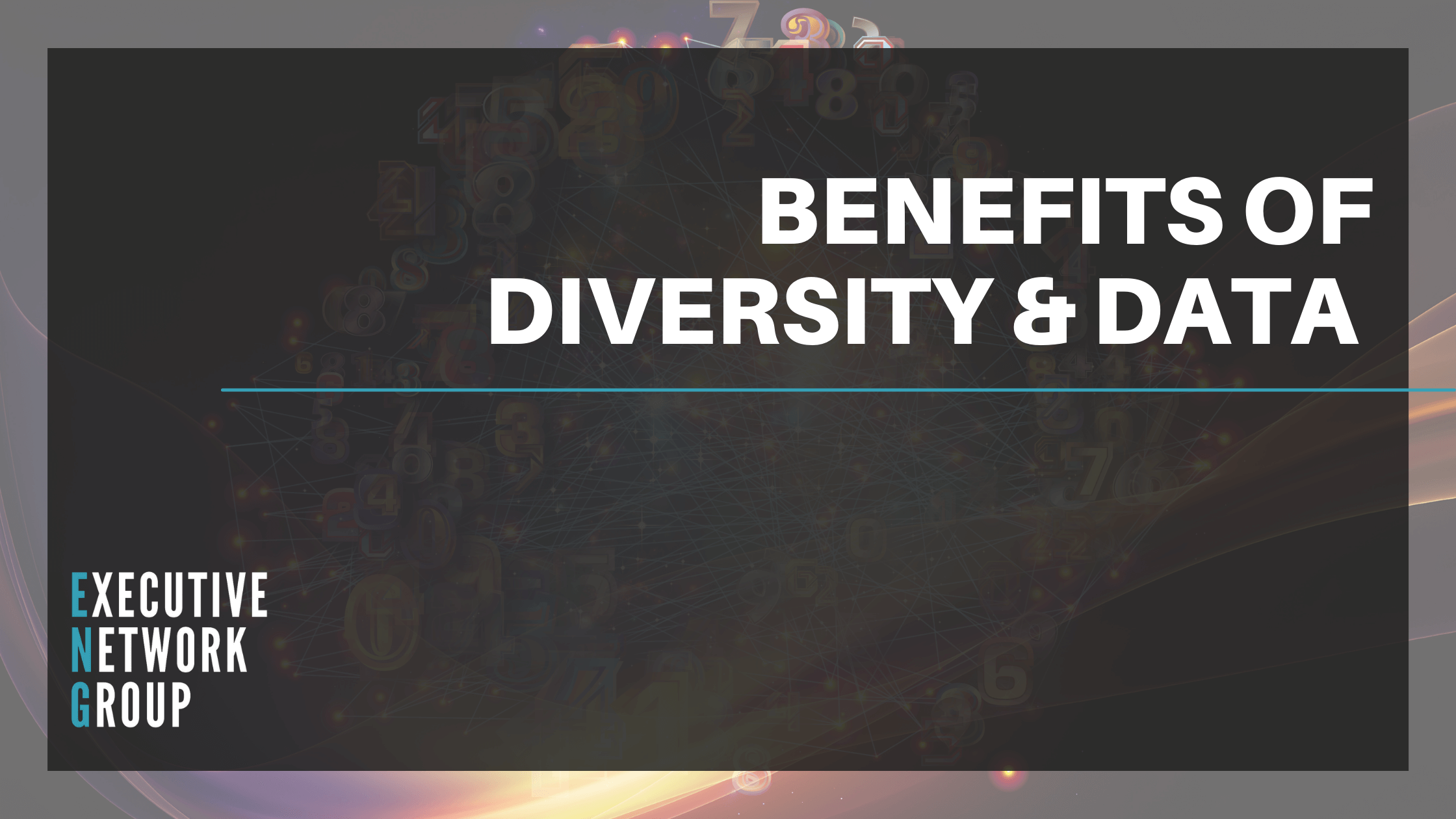
.png)
